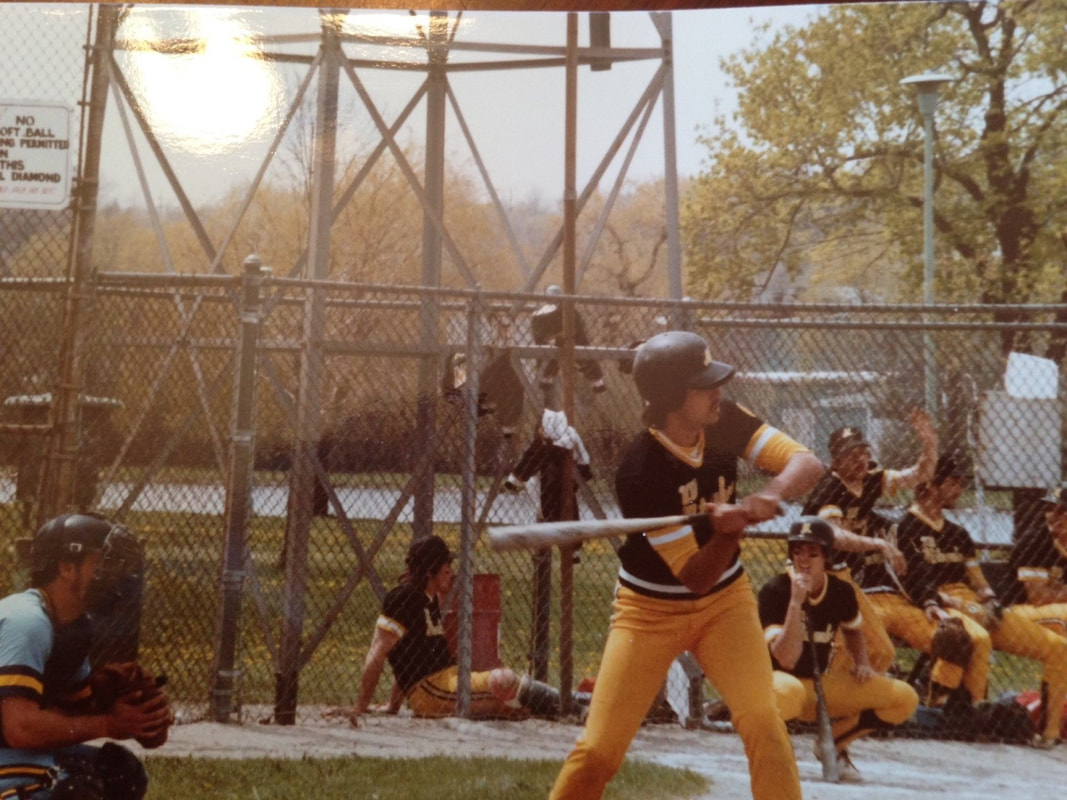
The truth is not everyone can be CEO of a major organization. Only one person gets that job. Only one team wins the Major League Baseball World Series annually. No other teams win the trophy.
We are saturated with these types of messages, focusing on what you can become and how to get there, being the best. Set goals. Measure them. Stick to the plan. Execute. Work hard. Train.
How often do you see someone fall off their weight loss plan? How many alcoholics or drug addicts re-succumb to their demons? Far too many people.
When messaging directed at us keeps telling you to grab at the golden ring, it is hard to take a step back and look at yourself and embrace the “possible” instead of the “highly unlikely.” We are urged upward over and over.
Yet, you can make major changes in your life and improve. That can be done. And improvement DOES makes a difference on where you can go in life. I saw this type of change in a basketball official (referee) last week.
Over the weekend, I served as a clinician at a basketball camp in Pennsylvania, helping officials trying to work their way onto a staff for Division II and Division III college games. During the two days of observations, I had the opportunity to see one of our officiating campers who had attended the previous year.
His improvement from 2023 was astounding. His court presence stood out. His mechanics were impeccable. The way he communicated with his partners was exemplary. He was a leader on the court and his judgment stood out.
I came up to him during a break in play and praised all of those qualities, and asked how he had gotten so much better in one year. His response? “I watched a lot of video,” he said.
I nodded in understanding. It was clear he wanted to take the next step in his officiating career and that he was serious about it. He made the decision to commit to doing things differently, implementing tips he’d received the previous summer.
He demonstrated that clear improvement is possible by determining what needed to be fixed in his game, studying how to look better and then changing what needed to be changed. It didn’t happen overnight. It happened over the course of a year with dedication to his personal journey. Those changes were his to make and to his credit he stayed with it and the results played out two weeks ago when he rose to the top of rankings in the camp.
His improvement stood out as an example to me, and should be an example for others. Seeking out useful feedback that you can add to your arsenal works for basketball officials, leaders, coaches, partners in relationships and just about any aspect of life.
The steps where we move up in life are never easy. He put a tremendous amount of physical and mental effort into improving. We all can do that with resolve and desire. The results become clear over time, and the feeling, the accomplishments are that much more tangible. It doesn’t mean you are number one, but it does mean you are headed in the right direction.







